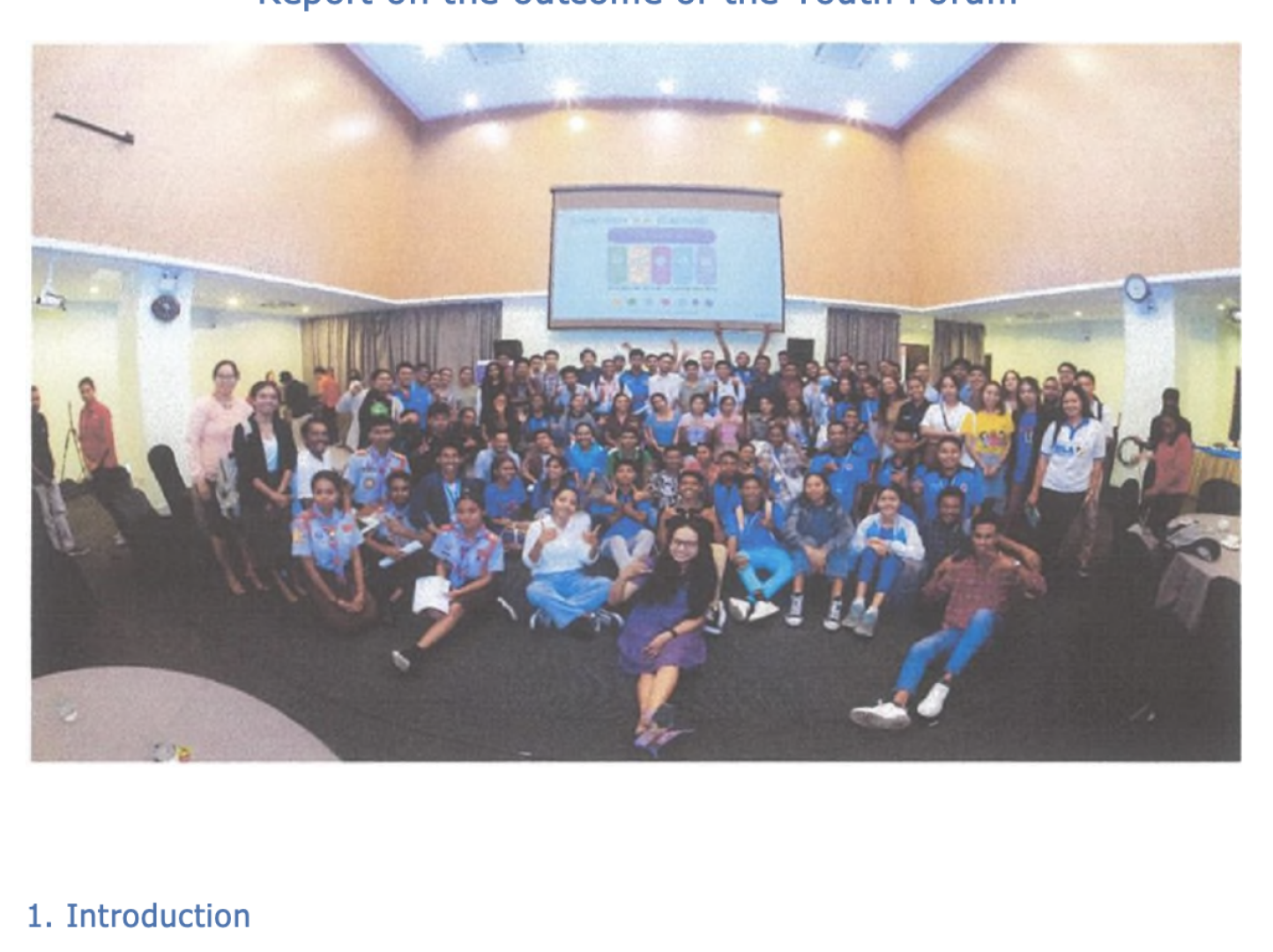Publication
Socio-Economic Impact Assessment of COVID-19 in Timor-Leste, Round 2, 2021 Micro, Small and Medium Enterprises (MSME) Survey in Timor-Leste
31 January 2022

The global economic downturn due to the COVID-19 pandemic is having a disproportionate impact on low-income and emerging economies. Timor-Leste experienced the largest GDP contraction since its independence, significantly worse than the income loss during the 2006 civil unrest, and the 2017 political deadlock (IMF, 2021)[1]. In March 2021, the Government of Timor-Leste (GoTL) introduced lockdowns and other restriction measures to prevent the spread of COVID-19. These restrictions along with the global economic slowdown and oil price uncertainty plunged the local economy into severe contraction with expected real GDP per capita to slip down to the 2009 level. Timor-Leste’s non-oil businesses, represented mostly by micro and small enterprises, continue to be squeezed by the fallout of the COVID-19 crisis with looming long-lasting negative outcomes.
Based on the rapid Socio-Economic Impact Assessment of COVID-19 (SEIA-1) conducted by the United Nations (UN) with the technical lead of the United Nations Development Programme (UNDP) Timor-Leste in 2020, the private sector had been heavily impacted by the pandemic with 81.0% of micro, small, and medium enterprises (MSMEs) reported a loss of income, 26.0% reporting difficulty in paying staff, and 65.0% reported a drop in demand.
Published by
UN














